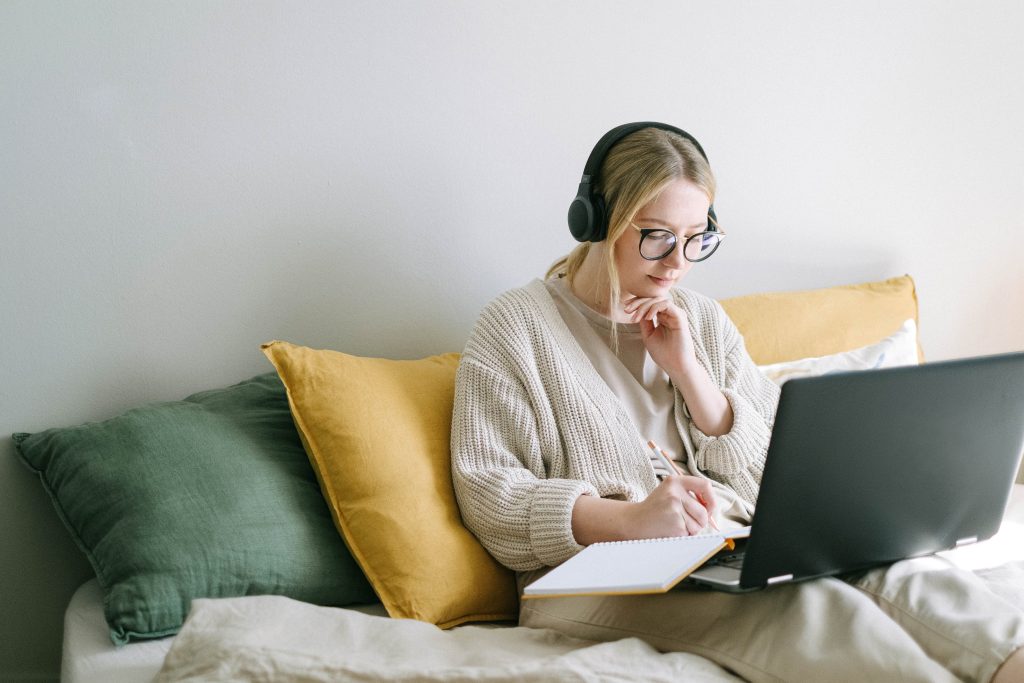In our fast-paced and job-centric culture, it may seem counterintuitive to take breaks when we have a lot of work to do. However, nearly half of the UK workers are feeling burnt out, and this is costing the economy around £28 billion annually. Overworking ourselves can lead to exhaustion, and luckily, science has an actionable solution.
Don’t stress, ART are here to bring you some good news – say hello to microbreaks! Microbreaks are small intentional pauses that can last from a few seconds to a couple of minutes. They can involve activities such as taking a walk, practicing deep breaths, or meditating. These breaks can help rejuvenate us, improve our health, happiness, and overall performance. Microbreaks aren’t about neglecting work; rather, they’re about taking quick moments to relax and recharge.
Why Are Microbreaks So Effective?
1. Optimised Productivity
Recent research shows that taking breaks actually makes tends to make us more productive in the long run. Studies show that these quick pauses can boost focus and brainpower, while minimising tiredness. Giving your brain a breather helps you tackle tasks with fresh energy, increased creativity and clearer thinking.
2. Stress Alleviation
Microbreaks are a fantastic and accessible way to keep stress from building up and knocking you off your game. Even a short breather can dial down tension, lower cortisol, and ease that overwhelmed feeling we’re all so familiar with. It’s great to practice this skill as a way to combat burnout, keeping your work-life balance in check with ease.
3. Staying Active
Sitting for too long isn’t great for your health. Up to 3.2 million deaths and 32.1 million DALYs (representing about 2.1% of global DALYs) each year are attributable to insufficient physical activity. Microbreaks give you the chance to get moving —stretch, stroll, or just shake it off. You can even track your physical activity using a wearable for optimal results! This gets your blood flowing, prevents stiffness, and keeps you alert. In fact, a recent study by the West University of Timisoara revealed that those who took micro-breaks had about 60% better odds of feeling energetic throughout the day.
4. Mindfulness Made Easy
These breaks aren’t just about the body; they’re about the mind too! Use them to chill out, take a few deep breaths, or enjoy a moment of peace when you really need one. These intervals of rest can make all the difference, and may be the key distinguishing factor between a good day and a bad day. Ultimately, they help you reset and dive back into tasks feeling refreshed and focused, allowing you to show up as your very best self.
5. Better Work-Life Balance
Almost 3 in 10 workers (28%) believe that they are less productive in work due to a poor work-life balance and 82% of Brits do not take a full lunch break, with two thirds of workers eating lunch at their desk most days. Not only can this be detrimental to our overall workplace performance, it can also negatively impact our physical and emotional wellbeing in a long-term way. Utilising microbreaks to circumvent this could be key to finding a work-life balance that works for you and your health.
In a nutshell, microbreaks are small doses of self-care that can be used anywhere and anytime to give your mood a boost. By sprinkling these little timeouts into your routine, you’ll amp up productivity, dial down stress, and optimise your sense of wellbeing.
Remember, it’s not about how long the break is; it’s about making them a regular, intentional part of your day. Embrace the microbreak magic, and watch it transform your approach to workplace wellbeing.
